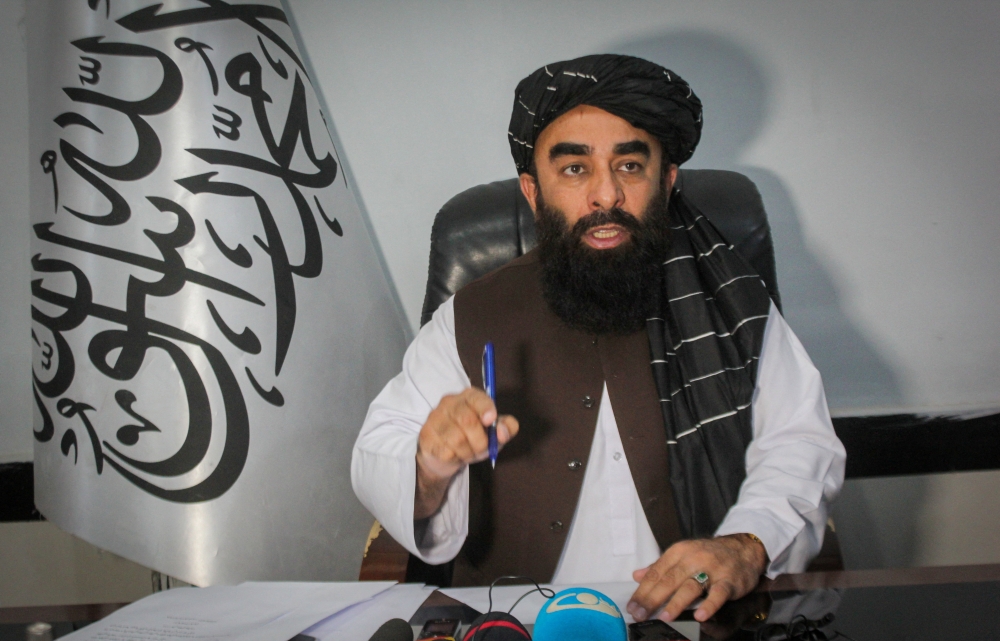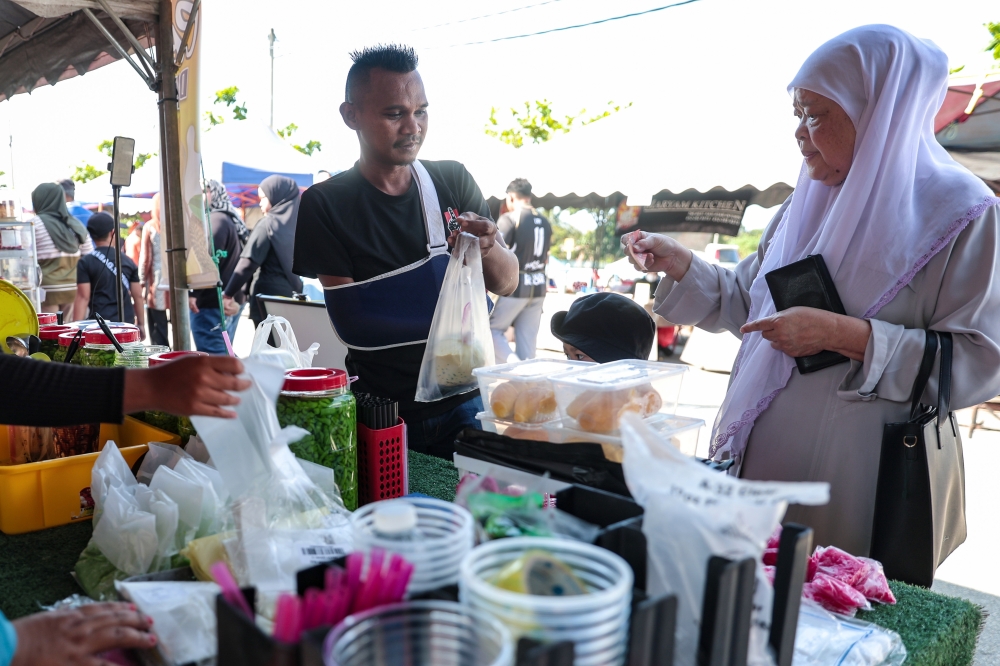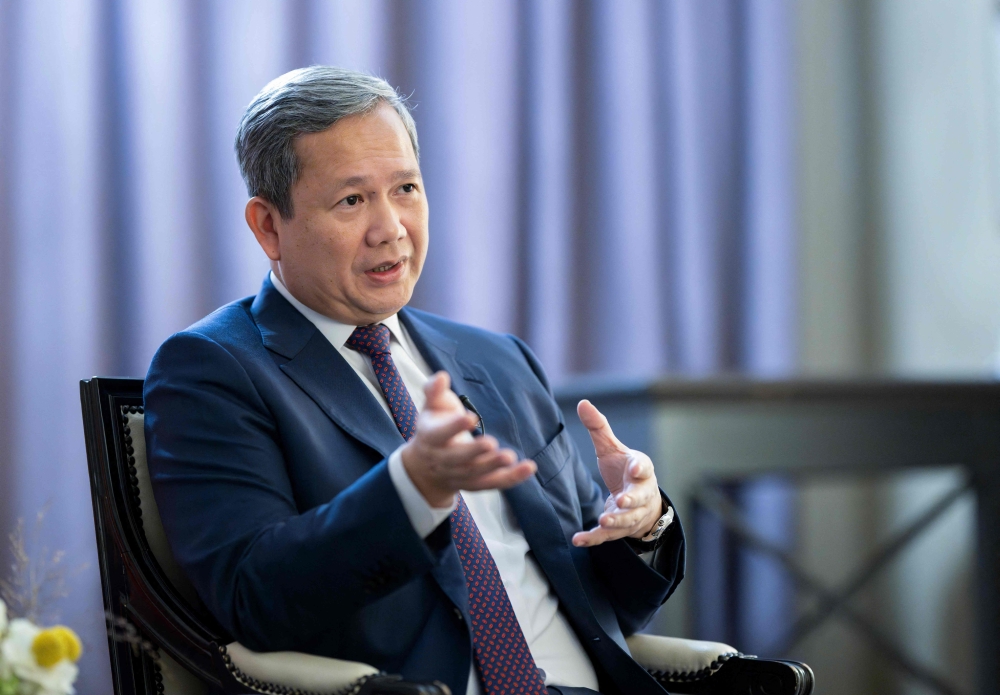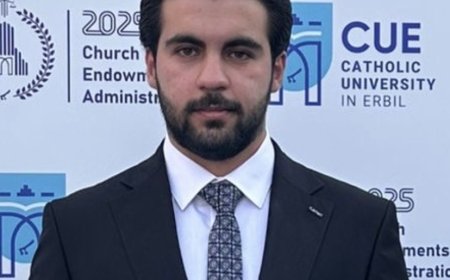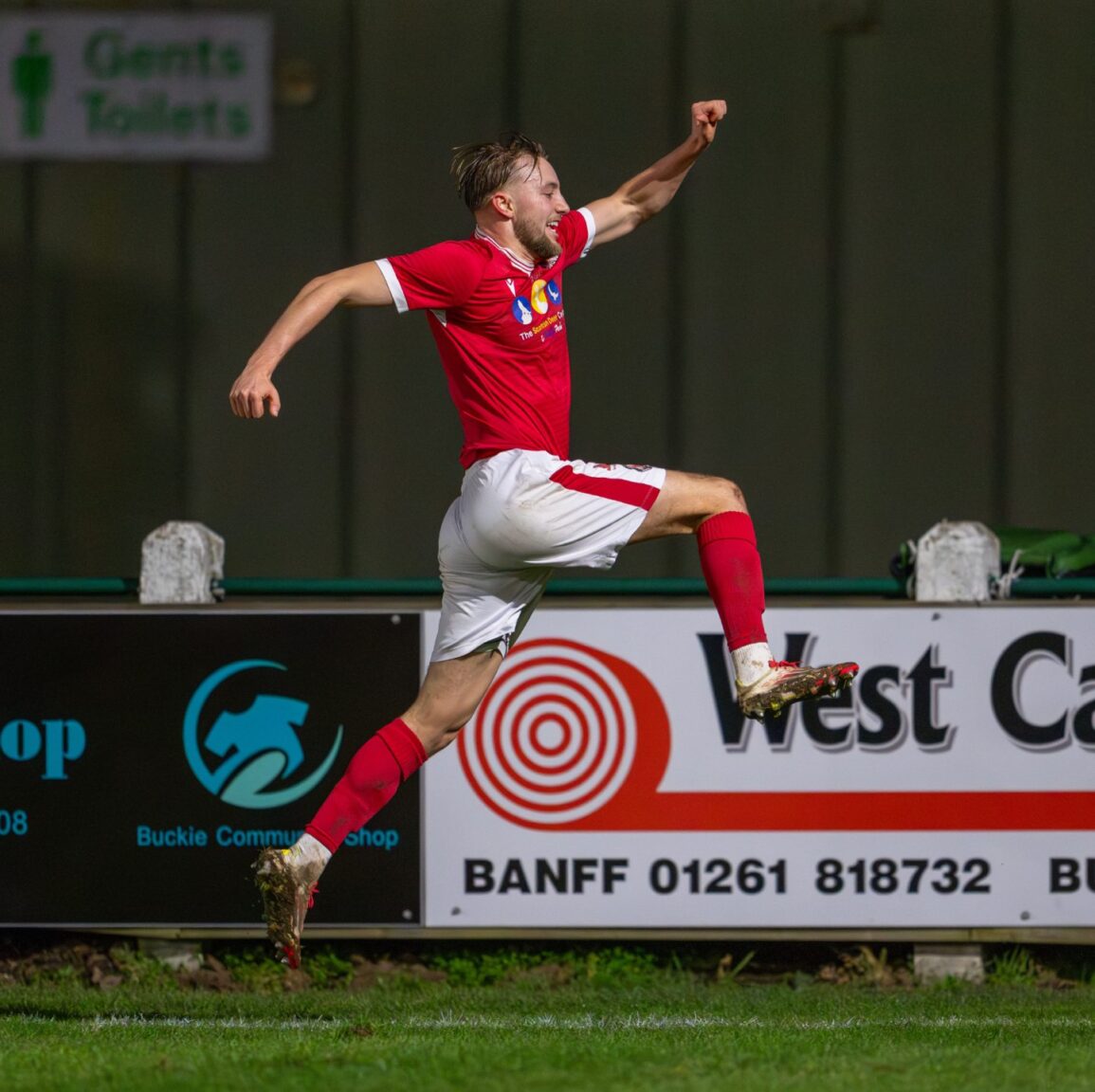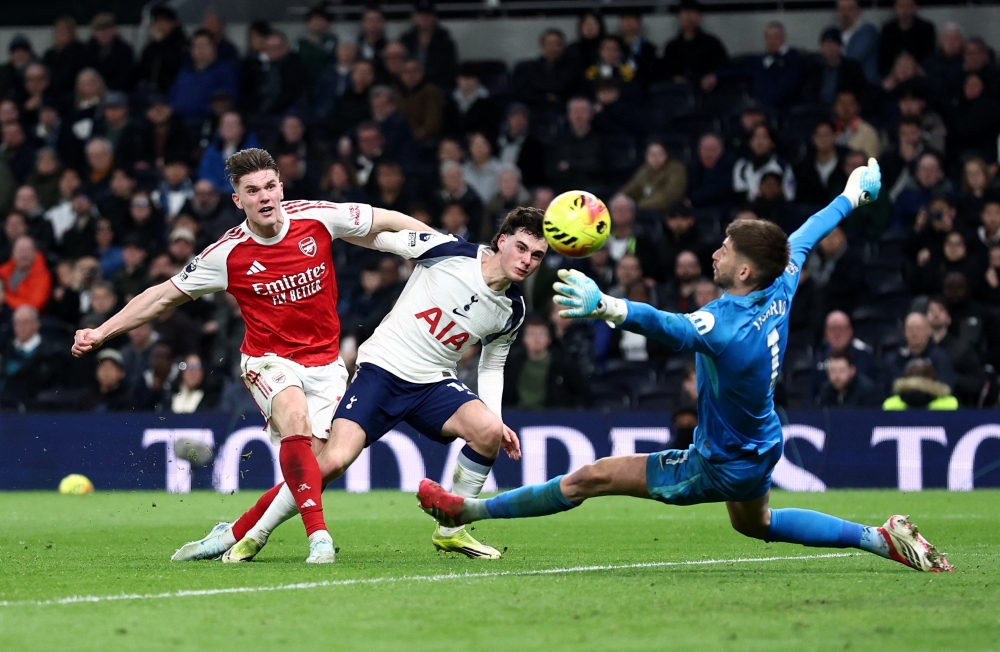Powell vowed to ‘enhance’ China relationship before spy case dropped
Sir Keir Starmer’s national security advisor facing demands to answer questions about promises made to Chinese official

Sir Keir Starmer’s national security adviser told China’s top diplomat that Britain wanted to “enhance” its relationship with Beijing, just weeks before the collapse of the Chinese spy case.
Jonathan Powell held a low-key meeting with Wang Yi in Beijing in July, during which he said Britain wanted a “stable, practical and long-term partnership” with China.
Less than two months later, Mr Powell chaired a Whitehall meeting in which it was discussed that Britain could not describe China as an “enemy” in court.
Prosecutors then decided they could not proceed with the trial of two parliamentary aides accused of spying for China.
Mr Powell is now facing demands that he appear before a parliamentary committee to answer questions about whether he had promised the Chinese they would not be classed as an “enemy” by the Government.
He also faces questions over whether the case of the two alleged spies was raised during the meeting with Mr Wang.
The Telegraph has discovered that Mr Powell also made business trips to China three times in the 15 months before he was hired by Sir Keir, including one trip where he chaired a discussion about US-China relations that was attended by Chinese security experts.
Senior Tories have claimed it is “inconceivable” that Mr Powell acted without Sir Keir’s sign-off in deciding not to brand China an enemy – a vital prerequisite for any criminal case against alleged spies.
Labour has embarked on a charm offensive towards China since the party came to power, despite warnings that cosying up to Beijing puts national security at risk.
It was on July 14 that Mr Powell met Mr Wang, a member of the political bureau of the Communist Party of China central committee and director of the office of the central commission for foreign affairs.
The meeting was not briefed to the British press, but China’s state news agency Xinhua reported at the time that: “Wang said that under the strategic guidance of the leaders of the two countries, China-Britain relations have embarked on a path of improvement and development, fulfilling the aspirations of the people of both countries and aligning with the trend of the times.
“Expressing China’s appreciation of Britain’s proposal to develop a consistent, lasting and mutually respectful relationship between the two countries, Wang said that China is willing to enhance strategic communication and expand strategic cooperation with Britain from a broader perspective, inject new momentum into bilateral relations and jointly promote world peace, stability and prosperity.”
It said that Mr Powell “expressed Britain’s willingness to enhance dialogue and communication with China to build a stable, practical and long-term partnership”.
Around six weeks later, in early September, Mr Powell chaired a meeting about the case of alleged spies Christopher Cash and Christopher Berry at which it was discussed that his deputy, Matt Collins, was not prepared to call China an enemy in court.
The Crown Prosecution Service, which had previously suggested it had a solid case against the two men, then decided it no longer had sufficient evidence to go ahead with a trial that had been due to start this week.
Cash and Berry both denied the charges.
Downing Street categorically denied that Mr Powell had discussed the spying case with Mr Wang or that he had told him China would not be classed as an enemy.
However MPs insist he must appear before a parliamentary committee to answer questions in person.
Espionage cases – which are rare – rely by definition on the fact that a defendant has been passing secrets to an enemy of the state.
‘Needs to answer questions’
Sir Gavin Williamson, the former defence secretary and a member of the parliamentary national security strategy committee, told The Telegraph: “Jonathan Powell needs to come to Parliament and answer questions about what was said or agreed during his meeting with Wang Yi.
“Did he, for instance, promise that Britain would not class China as an enemy state? Was that the reason the prosecution of two alleged spies had to be stopped?
“Did the Chinese raise the spying case during his visit to Beijing?
“I would also like to have the opportunity to ask him whether he had any direct or indirect business dealings with China during his private-sector career before he returned to government.”
Sir Keir’s official spokesman tried to shift the blame onto the Tories by saying it was Conservative policy on China that had led to the case collapsing.
The spokesman said the “relevant policy to this case was the previous government’s policy on China” because the Conservatives were in power when the alleged offences took place.
Mr Powell, who served as Sir Tony Blair’s Downing Street chief of staff for a decade, worked in the private sector from 2007 until he was brought back into Number 10 by Sir Keir last year.
Cosying up to China
He has made at least three further trips to China over the past two years. In September last year Mr Powell chaired a discussion about US-China relations at the Grandview Institution – which describes itself as one of China’s leading independent think tanks – attended by Chinese security experts, according to Grandview’s account of the event.
He also spoke at a panel event about global disorder at Peking University’s Institute of International and Strategic Studies in Beijing in March 2024.
Mr Powell, who was one of four panel members, attended the event in his capacity as then-chief executive of Inter Mediate, a charity he founded in 2011 focused on international conflict resolution.
In the same month he “held in-depth talks on arms control” with Chinese academics at the Grandview Institution, according to its social media posts.
He made another visit to Grandview in August 2023 to discuss Inter Mediate’s work around the world.
A Cabinet Office spokeswoman said: “The National Security Adviser did not take any decisions about the content of the witness’s evidence.”
Mr Powell is not the only member of the Starmer administration to visit China recently.
David Lammy, the Deputy Prime Minister, met Mr Wang in both London and Beijing when he was foreign secretary and Sir Keir is drawing up plans to visit China in 2026.
Ed Miliband, the Net Zero Secretary, was in Beijing to discuss climate change in March, when he met the Chinese vice premier Ding Xuexiang, who said China was ready to increase cooperation in financial services, trade and investment.
Chinese plans to build a new super-embassy in London on the former site of the Royal Mint have also been given a new lease of life by the Government.
China’s planning application to build the biggest embassy in Europe was rejected by Tower Hamlets council in 2022 on safety and security grounds.
Security experts warned that the embassy would be used to ramp up China’s spying operations and that its location meant China could potentially tap into fibre optic cables serving the City of London.
After President Xi Jinping raised the issue of the embassy in a phone call with Sir Keir in August last year, Angela Rayner, the then deputy prime minister, called in the planning decision with encouragement from Mr Lammy.
A final decision on whether the embassy can go ahead is expected later this month.
[Source: Daily Telegraph]


